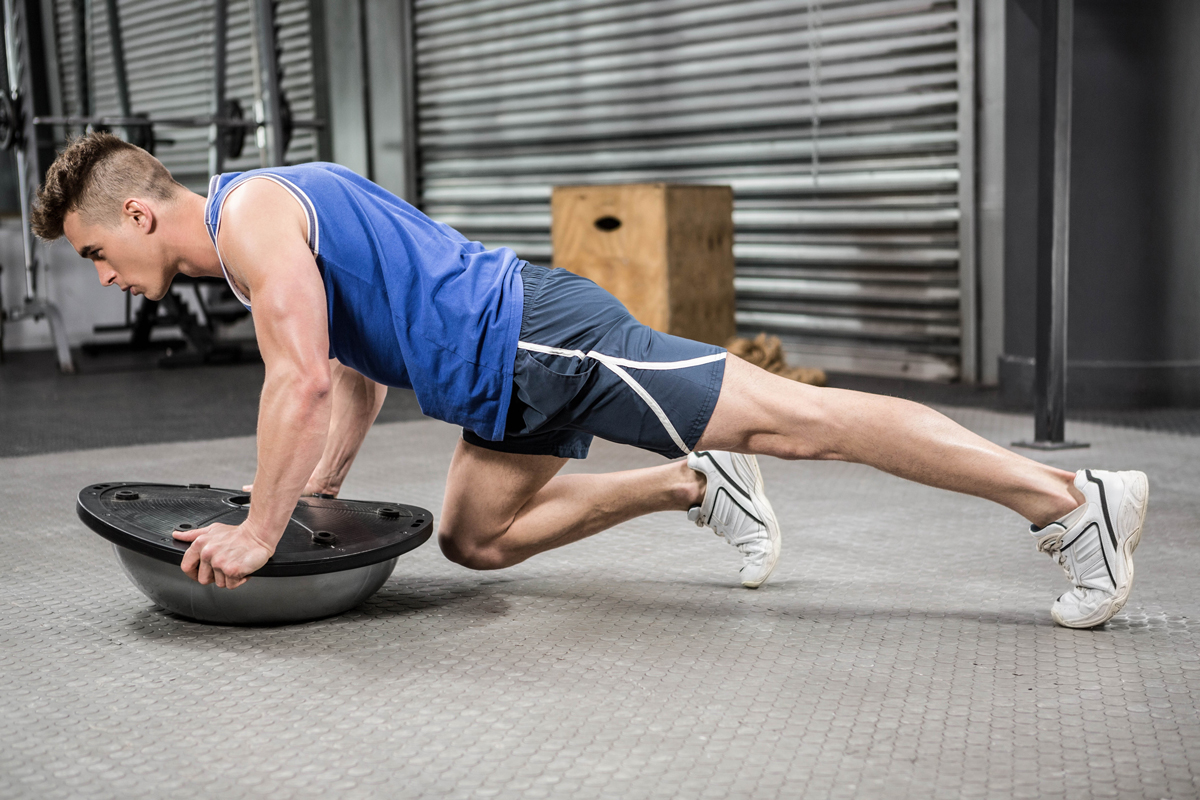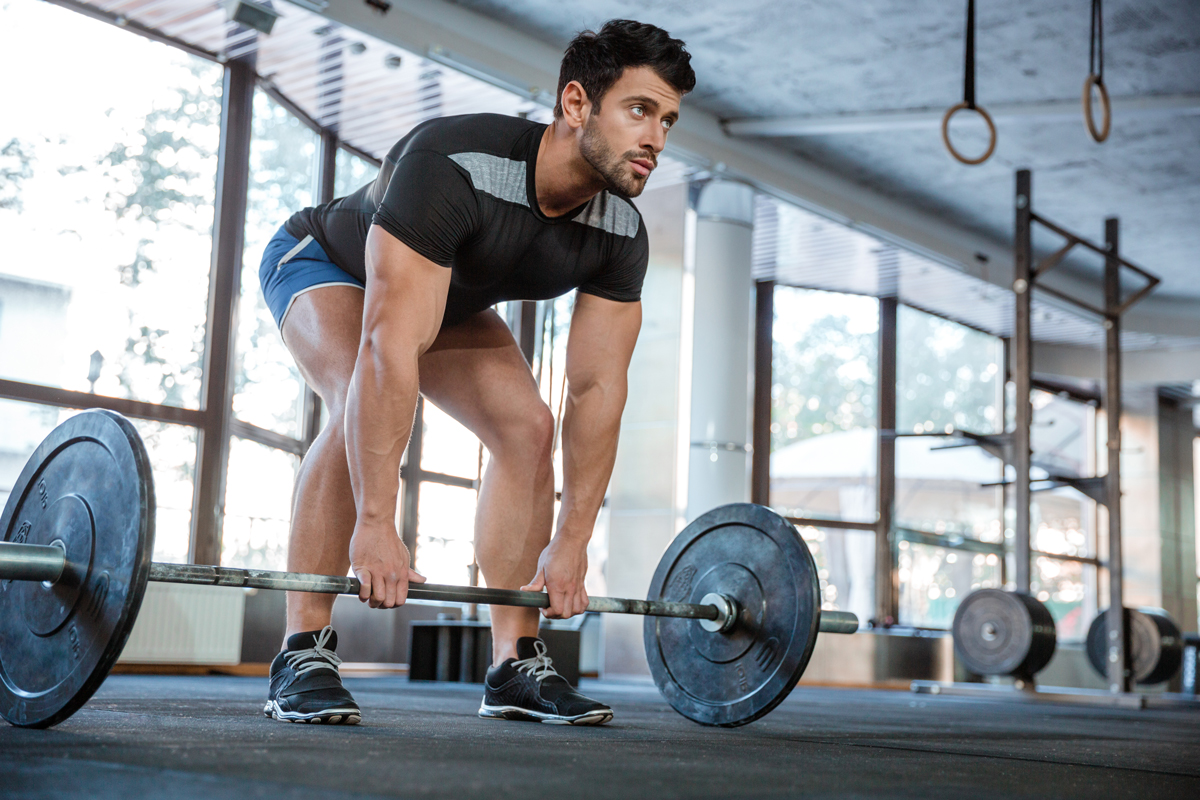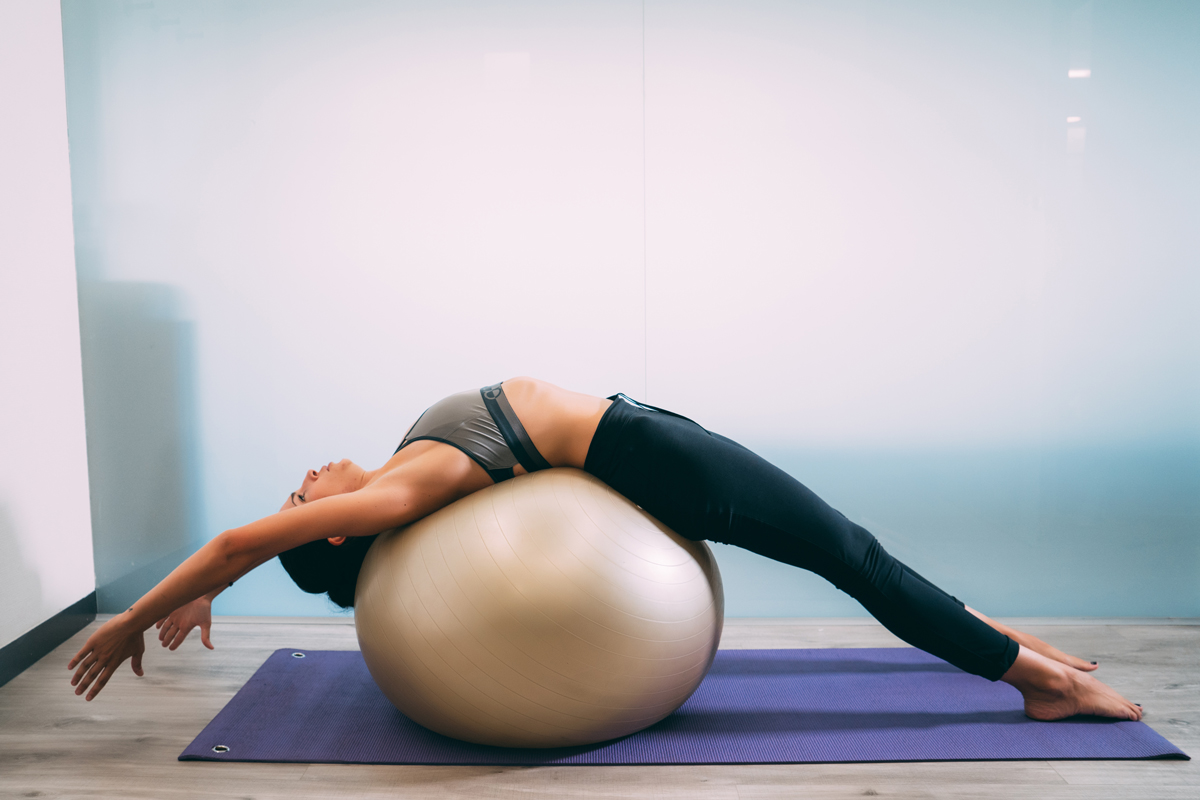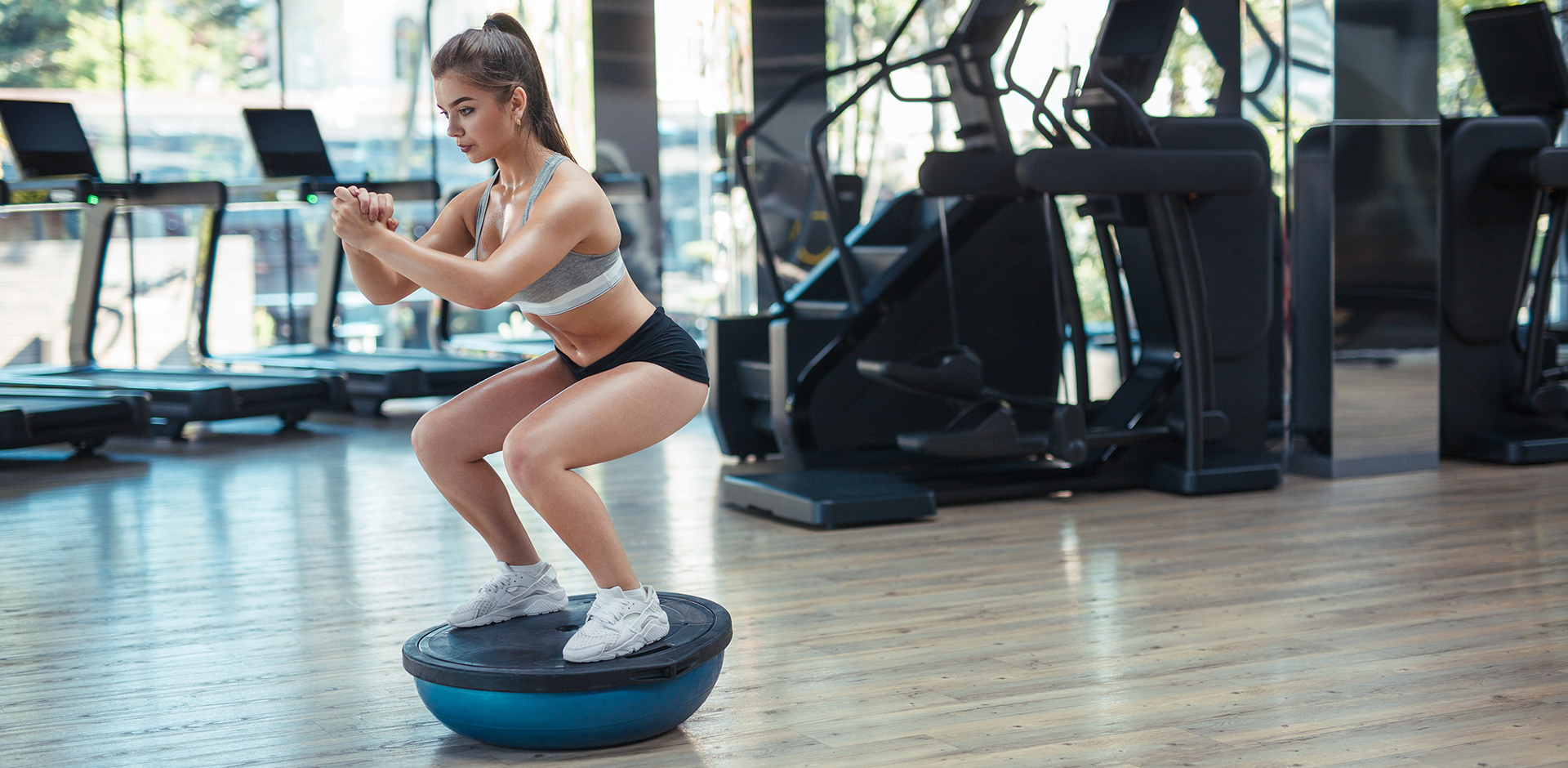Over the past few years I have had the opportunity to see many exercises at various gyms. From classic (polyostatic) ones in the form of squats, squeezes or deadlifts to those dedicated to specific muscles (isolated), i.e. all kinds of machines, gantries or extractors. However, you could distinguish one more group in the form of exercises on an unstable ground, which you are less likely to use less and more advanced gym adepts.
It all depends on the purpose
And that's it. What do they really give us theoretical exercises focused on the use of "prioprioception", i.e. deep feeling of our muscles and control over the center of gravity? Well, now I'm answering - they are to improve our stability and balance, which are to translate into a general improvement of the sports form, but will this kind of training really have an impact on it? - It depends.
A bit of theory
We have told ourselves in a nutshell what is the mythical sounding of prioprioception. Now I would like to explain what exactly is the balance that you fought so bravely standing on the bosu.
Before we get to balance, I will start by explaining the concept of the center of gravity. Standing at attention, our center of gravity is in the area of the pelvis, we have two support points in the form of our feet, and with the help of the power of postural muscles, we do not fall back when the wind blows. The center of gravity varies depending on the body movement and forces acting on it.

Balance, therefore, is simply the ability to keep the center of gravity in the vertical line above the fulcrum, standing at the center of the foot, and any deviation from this position will result in a loss of balance that our muscles will involuntarily strive for.
Man understands the lack of balance thanks to the vestibular system, the visual system and the somatosensory system, which includes the "deep feeling”. As you probably noticed the balance allows keeping the body vertical. However, the problem arises when our body takes positions in a large inclination or deviation, because the center of gravity suddenly starts to be far from the center of our body. Then our muscles come into play, whose task is to prevent falling. So, instead of saying "I did not keep my balance" one should say "my muscles were not strong enough to keep my body in balance". Put simply - your balance is as good as the muscles responsible for maintaining it.
So how do you train your balance?
If we came to the conclusion that there is a very large correlation between the ability to maintain the balance, and the force it would be quite a logical step to increase it to be even more stable, simple right?

Remember, however, that only multi-joint exercises in the form of squats, deadlifts, rowing, vertical and horizontal excisions will require from your body the maximum activity of deep muscles, which will be mainly responsible then for maintaining the correct technique.
It is also not the case that when standing on a balance disc or bosu, the above-mentioned muscles do not work - yes, they work but the work of the deep muscles during bosu squats has nothing to do with the work of the same muscles when doing squats with a 100-kilo barbell. Choosing the exercises on unstable ground it is a bit like going from Krakow to Gdansk with a Fiat 125p having at its disposal new Lamborghini in the form of a greater external load.
For whom, then, are the exercises on unstable ground?

All Swiss balls, balance discs, bosu etc. will find their application but in completely different roles. For example, I cannot imagine the use of unstable ground in case of recovery after injury for rehabilitation purposes. In addition, research shows that people suffering from various types of diseases, eg cancer, have balance problems even during routine daily activities. Due to its specificity, the unstable ground will also work well for some abdominal muscle exercises (eg bosu plank) to improve the so-called dynamic stabilization.
Exercises on the bosu may also be of interest to those preparing for the winter ski season due to the fact that snow is also a kind of unstable ground, but all the time in this case will be building a strength base, and the unstable ground will complete the workout.
Summary
If you are completely healthy, you have no injury, and your goal is to effectively improve all motor features including balance, there is no reason why you should reach for exercises on unstable ground at the expense of the barbell. It is not about the fact that the bosu is something completely inefficient, more about the fact that a proper barbell squat activates our central nervous system very much, improves coordination, loads our skeleton and increases the density of our bones, stimulates muscle growth, strengthens the connective tissue, increases mental endurance, and even improves mobility and physical condition. Not only the squat with the barbell has this effect but also the rest of the multi-joint exercises performed with the appropriate technique and load.





